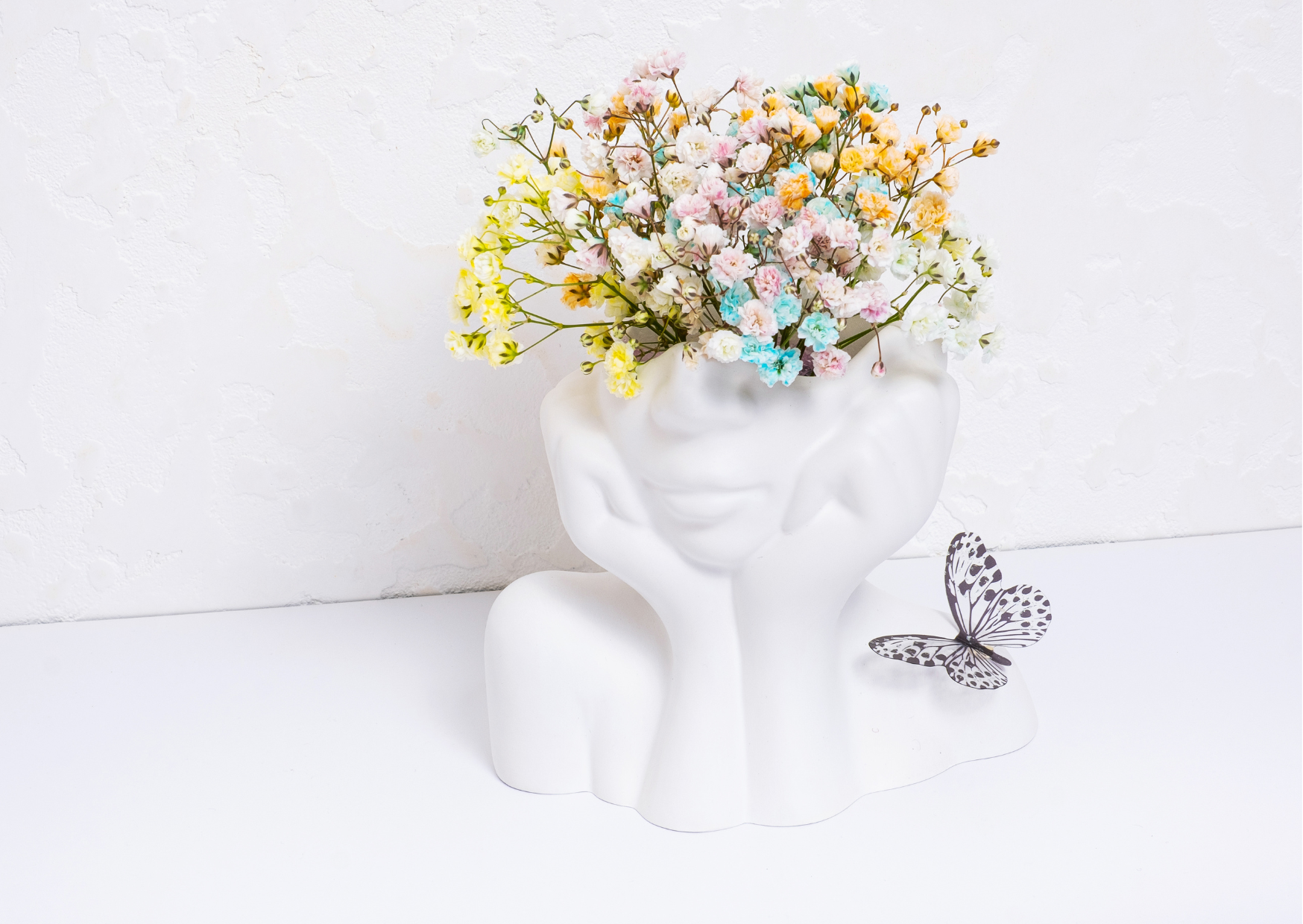Let’s address the critical topic of mental health awareness for women, focusing on the unique challenges that women often face. Mental health is an integral part of overall well-being, yet it's frequently overlooked or misunderstood. Women may experience a range of mental health issues due to various biological, social, and psychological factors.
Understanding Common Mental Health Challenges
Key Challenges:
- Depression and Anxiety: Women are more likely to experience depression and anxiety disorders.
- Postpartum Depression: Occurs in women following childbirth due to hormonal changes, psychological adjustment, and sleep deprivation.
- Eating Disorders: Conditions like anorexia and bulimia are more common in women, often stemming from societal pressures and body image issues.
- Stress and Burnout: Women, especially those balancing multiple roles, may experience higher levels of stress and burnout.
Coping Mechanisms and Support Strategies
Developing effective coping mechanisms and support strategies is vital for managing mental health challenges.
Self-Help Strategies:
- Mindfulness and Meditation: These practices help in reducing stress and improving emotional regulation.
- Physical Activity: Regular exercise can boost mood and reduce symptoms of anxiety and depression.
- Healthy Eating: A balanced diet can positively affect mood and energy levels.
- Adequate Sleep: Ensuring sufficient sleep is crucial for mental health.
Building Support Networks:
- Social Connections: Maintain supportive relationships with friends and family.
- Support Groups: Consider joining groups for specific mental health issues, providing a platform to share experiences and gain support.
Seeking Professional Help: When and How
Recognizing when to seek professional help is an important aspect of mental health care.
When to Seek Help:
- Persistent Symptoms: If symptoms of depression, anxiety, or other mental health conditions persist or worsen, it's time to seek help.
- Impact on Daily Life: If mental health issues start to significantly impact your work, relationships, or daily activities.
How to Seek Help:
- Consult a Healthcare Professional: Start with your primary care provider who can guide you to appropriate mental health professionals.
- Therapy and Counselling: Licensed therapists and counselors can provide effective treatment modalities.
- Medication: In some cases, medication may be prescribed as part of treatment.
Building a Mental Wellness Routine
Creating a mental wellness routine involves incorporating practices into your daily life that support mental health.
Elements of a Wellness Routine:
- Daily Relaxation: Incorporate activities like reading, listening to music, or taking a bath.
- Journaling: Writing down thoughts and feelings or recording them for yourself, can be a therapeutic way to process emotions.
- Setting Boundaries: Learn to say no and set limits to protect your mental health.
- Mindset Work: Engage in positive self-talk and challenge negative thought patterns.
Empowering Yourself Through Mental Health Awareness
We underscore the importance of acknowledging, understanding, and addressing mental health issues. By recognizing common challenges, employing coping mechanisms, seeking professional help when needed, and establishing a mental wellness routine, you empower yourself to maintain and improve your mental health. Remember, taking care of your mental health is not a sign of weakness, but a strength that leads to a more fulfilling life. Here's to your journey towards mental wellness and empowerment.

